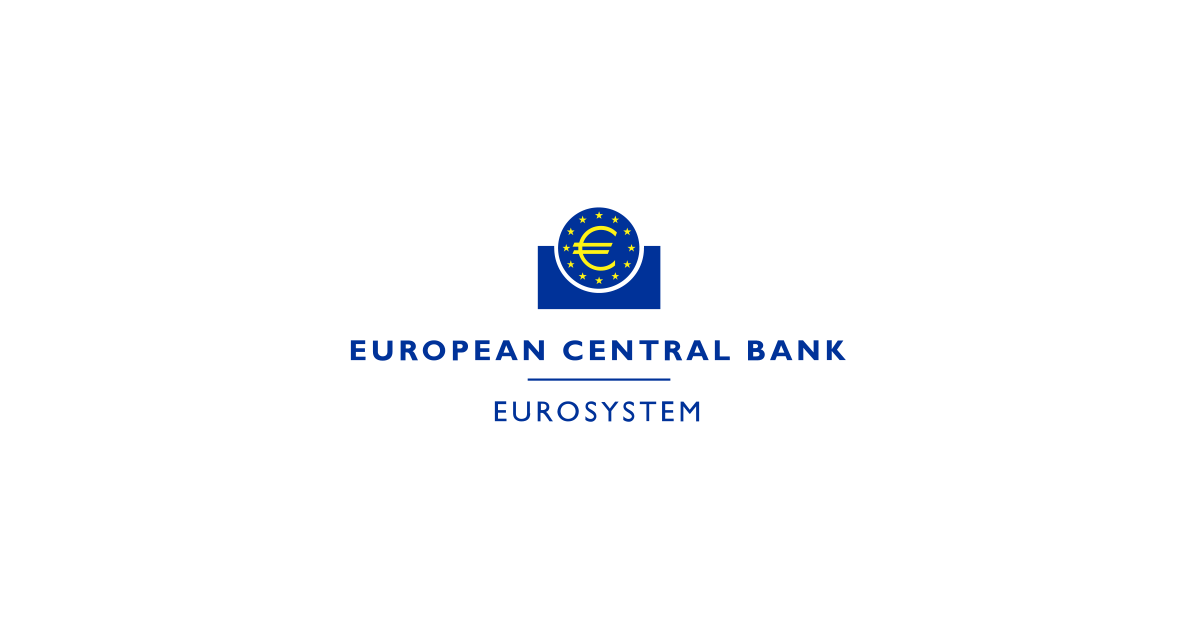European Cultural Days of the ECB 2018 – Illuminated Lithuania
17 August 2018
- Three events from 23 August to 16 October in Frankfurt am Main
- First event: “Europa Open Air”, in collaboration with Hessischer Rundfunk, at the Weseler Werft on 23 August
- Second event: Charity event at Paulskirche on 25 September
- Third event: Lithuanian Chamber Orchestra at the Alte Oper on 16 October
This year’s European Cultural Days of the European Central Bank (ECB) feature Lithuanian artists and music under the slogan “Illuminated Lithuania”. Three cultural experiences will take place in Frankfurt. The programme has been compiled by Lietuvos bankas and the ECB, under the joint patronage of Vitas Vasiliauskas, Chairman of the Board of Lietuvos bankas and Mario Draghi, President of the ECB.
“I am proud to have the opportunity to present Lithuania in the framework of the European Cultural Days. The events will showcase our rich musical tradition and perfectly enrich the celebrations of the 100th anniversary of Lithuania’s independence, which we are celebrating this year.” (Vitas Vasiliauskas)
“At a time when many focus on differences across Europe, this event should remind us just how much unites us. Culture, music and the arts are a fantastic language we all understand.” (Mario Draghi)
23 August: “Europa Open Air” at the Weseler Werft, Frankfurt, starting at 6 p.m.
On 23 August the European Cultural Days of the ECB will open with a “Europa Open Air” concert given by the Frankfurt Radio Symphony – Hessischer Rundfunk – at the Weseler Werft (Weseler Wharf).
The orchestra, led by principal conductor Andrés Orozco-Estrada and featuring the Lithuanian choir Jauna Muzika and Lithuanian soloists, will present a programme inspired by the myths and legends of Lithuania and the Baltics. Frankfurt Radio Big Band and Lithuanian singer Viktorija Gečytė will start the evening by bringing a taste of Baltic rhythms to the banks of the river Main.
25 September: Charity Event at Paulskirche, Frankfurt, starting at 8 p.m.
On 25 September there will be a concert dedicated to the 100th anniversary of the declaration of independence by the state of Lithuania. Soloists Jonas Vozbutas (accordion) and the vocal group “Jazz Island” (Artūras Novikas Jazz School) will perform at the Paulskirche.
Entry will be free but donations are welcome. Donations will go to the charity “Joblinge,” which supports disadvantaged youth in finding employment and vocational training opportunities. This event is in cooperation with the City of Frankfurt.
16 October: Lithuanian Chamber Orchestra at the Alte Oper, Frankfurt, starting at 8 p.m.
The stars of this event are the Lithuanian Chamber Orchestra under Artistic Director Sergej Krylov, with soloists Džeraldas Bidva (violin), Lina Dambrauskaitė (soprano), Giovanni da Silva (tenor) and Andrius Žlabys (piano). Besides Bach and Mozart, the programme features three pieces from Lithuanian composers.
For media queries, please contact Uta Harnischfeger, tel.: +49 69 1344 6321
